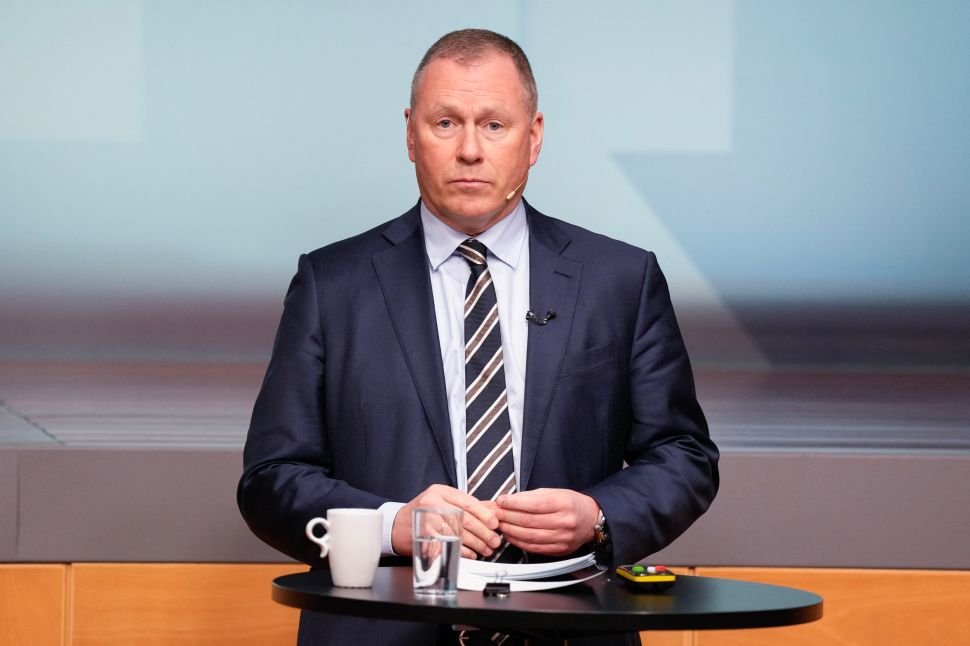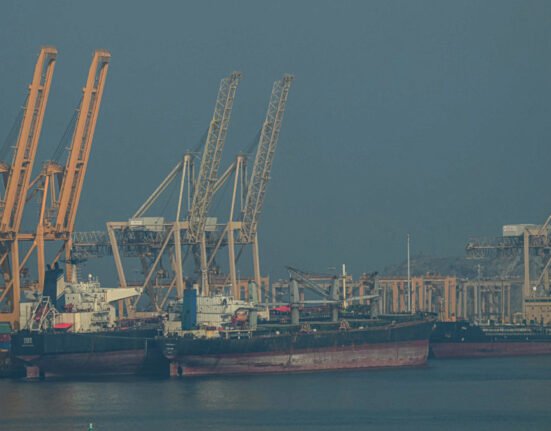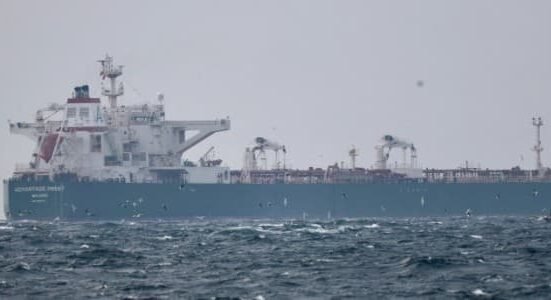
Nicolai Tangen is no stranger to mass amounts of wealth—he oversees around $2 trillion in assets as CEO of Norges Bank Investment Management, which manages the world’s largest sovereign wealth fund. But even Tangen is unsure about the sheer scale of the ongoing A.I. stock rally. “It means that there is a risk in the stock market which we have never seen before,” he said during an episode of the Financial Times’ Unhedged podcast last week.
Norway’s wealth fund, initially established to invest the nation’s oil revenue, owns nearly 1.5 percent of all shares in the world’s publicly traded companies and is allowed to spend up to 3 percent of its holdings annually. Many of these investments are in the tech sector, with the fund holding around a 1 percent stake in Alphabet (GOOGL), Meta (META), Microsoft (MSFT), Amazon (AMZN) and Apple (AAPL). The fund’s investments in these companies, combined with its stakes in Nvidia (NVDA) and Tesla (TSLA), total at around $174 billion.
While Tangen’s fund might be a major investor in companies at the forefront of A.I., that doesn’t mean he isn’t concerned about them. Warning that “we are heading for a period of low returns,” the former hedge fund manager who founded the London-based AKO Capital pointed to the dominance of A.I.-focused companies in the market as cause for concern. “The leadership in the market is very narrow, always focusing on companies with some kind of A.I. connection,” he told Unhedged, noting that the ten largest companies in the U.S. now account for roughly 20 percent of the U.S. S&P 500 Index in terms of market value.
An A.I. revolution ushered in by the 2022 unveiling of OpenAI’s ChatGPT chatbot has been an unprecedented boon for Big Tech. Demand for the new technology propelled the likes of Nvidia and Microsoft above $3 trillion market caps and pushed other tech companies to the top of the stock market, leading some to fret that an A.I. crash could have devastating financial impacts.
This concentration “is absolutely worrying,” said Tangen, who noted the interconnectedness between the A.I. leaders at the top as another alarming development. The Dutch company ASML makes machines to produce computer chips, used by the likes of Nvidia, which subsequently sells its A.I. accelerators to the likes of Amazon, Meta and Microsoft, he said. “There are very few companies tied into them, and they are getting bigger and bigger and more and more important,” he said.
The majority of these companies notably stem from America. Europe’s lack of major tech companies, meanwhile, is a factor Tangen doesn’t believe will change anytime soon. “In America, you have lots of A.I. and little regulation, and in Europe you have little A.I. and lots of regulation.” The European Union’s A.I. Act, for example, has emerged as one of the broadest efforts to regulate the technology.
Going forward, Tangen is particularly concerned about the vulnerability of A.I. when it comes to geopolitical risks. “The main thing to watch is the relationship between the U.S. and China,” said the wealth manager, noting the potential implications a disturbance in this relationship could have on America’s reliance on Taiwan and its chip supply chains. Such chips play an outsized role in everyday life, from “phones, toasters, cars, dishwashers. Just everything,” he said.







